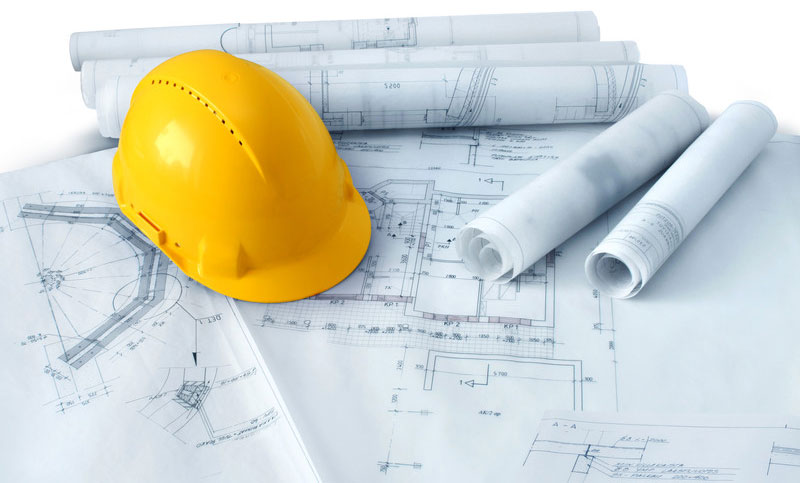Good communication is the crux of effective project management in any industry. Digital transcription services play a key role in helping managers accurately document various methods of communication such as face-to-face meetings, video/telephone conferences, webinars, and presentations. When it comes to construction projects, timely and accurate documentation is necessary for stakeholders to get a clear idea about progress made and to prevent/lower litigation risks.

The construction daily report shows the journey of the project from start to finish. It helps subcontractors indicate areas that the project struggled with or explain shifts in a timeline and other contractual plans. As it is a record of the job day by day, the daily report helps subcontractors justify billing to general contractors and construction project managers.
Effective document management in construction projects depends on various factors such as having a written policy, ensuring smooth access for team members, etc. The daily report is one of the most important methods of documentation for construction projects. The daily report includes field notes and documented jobsite activities as they take place. Comprehensive daily reports provide a clear understanding of “who knew what, when” (www.jdsupra.com), which can mitigate or eliminate surprises between parties and prevent claims from developing into costly litigation.
There are specific elements that need to be included in the daily construction report. The first is the time, date and weather. Recording the date and time helps track the pace of progress of the project. Information on weather and temperature can explain any delays with construction. Adverse weather can delay the project and increase costs. Next, the daily report needs to specify location, crew, inventory, and work done. Finally, field notes must record comments and occurrences. Details on the workforce include who worked on the project on that day, their daily duties and tasks, and whether those tasks were completed, and reasons if the tasks were not completed. The daily record should also have details of equipment used on the site, who owns it, and events and tasks. To summarize, construction daily reports should contain the following information:
- Date and time the report is written and submitted
- Weather conditions (e.g., rain, temperature, wind speed) and work worked or not performed due to unfavorable conditions
- Job site status (good, fair, poor) along with observations (of the author)
- Availability or non-availability of resources (staff, personnel, equipment, material)
- Work status (complete, in-progress, deferred)
- Any disruptions that delayed progress of the day’s activities
- Inventory Checklist to track availability of major material
- Potential hurdles
- Safety and other incidents (name of employee and specific details including photos
- General notes: any other relevant information related to the project
The construction daily report is a way to verify whether the project is making progress in terms of the timeline, material use, budget, etc., as documented in the contract. However, there are many challenges involved in daily reporting in construction.
First, creating the daily report is a data-intensive, time-consuming process. Everything that occurs during the day at the construction site has to be monitored and documented. The construction daily report requires a person to take dedicated notes throughout the day.
Another challenge for the person creating the report is remembering everything with great accuracy. A geniebelt.com article points out that there are many cases inefficient project progress reporting led to serious project disputes.
According to KPMG, inefficient project reporting systems are one of the main reasons for the failure of construction projects. Breakdown or mishandling of communication can cause delays, accidents, costly rework, and unhappy stakeholders. All communication such as meeting notes, submittals, requests for information, invoices, daily reports, as well as correspondence such as emails, phone calls or in-person conversations etc. should be documented accurately and shared with the appropriate persons.
Today, scribbled notes using pen and paper have given way to specialized software/apps to capture and share daily reports. Foremen no longer have to painstakingly write down every little detail down. Mobile devices have made construction reporting much easier. Business transcription services allow them to dictate and record their notes and have them converted into clear, accurate text.



